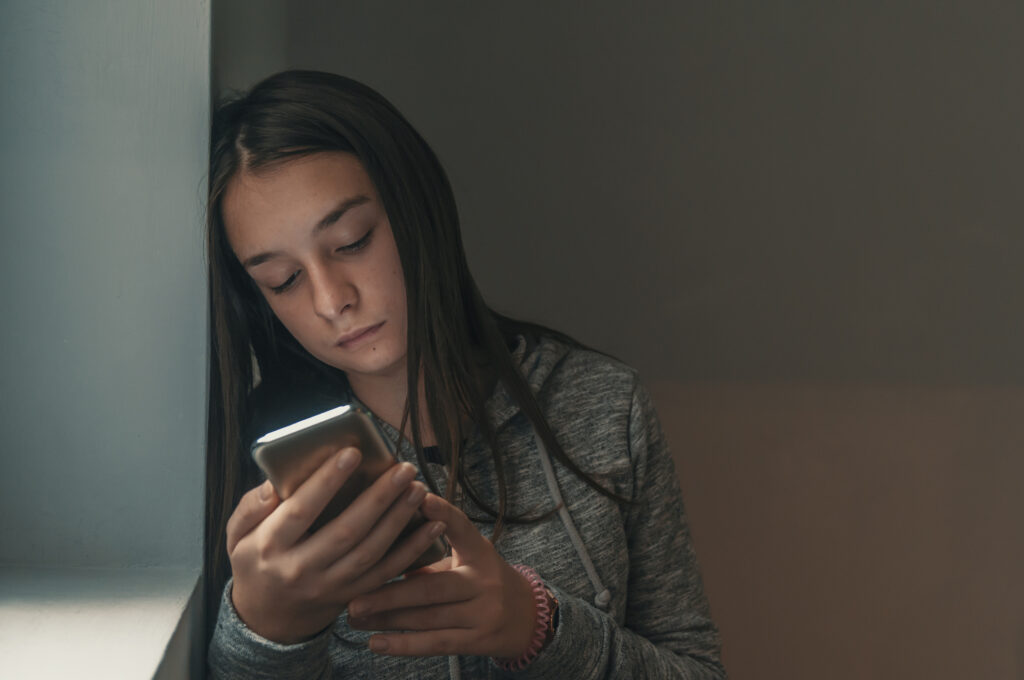It’s no surprise that more colleges are making student health a priority. Young adults of this generation have had to deal with more types of mental health concerns like depression and anxiety, not to mention a potential fall wave of COVID-19. To improve college student behavioral health outcomes, campus health centers need to have the best tools available for evaluating student symptoms, particularly over the phone. That’s where Schmitt-Thompson triage protocols and nurse triage programs will serve them best.
Schmitt-Thompson Protocols
Schmitt-Thompson triage protocols have long been the gold standard for hospitals, clinics, and other healthcare providers across the US for evaluating patient symptoms and determining the best dispositions for care. Protocols are updated annually, after major medical events, and following the review of provider-recommended changes. Versions are available for children and adults, as well as for daytime and after-hours use.
These protocols address physical as well as mental health. In a college setting, student behavioral health outcomes often involve:
- Alcohol use
- Anxiety and panic attacks
- Bipolar disorder
- Cuts and lacerations
- Contraceptive use and questions
- Depression
- Domestic violence
- Eating disorders
- Homicidal or suicidal thoughts
- Poisoning
- Reactions to medication
- Sexual assault and rape
- Substance abuse
- Transgender health concerns and questions
Protocols establish a decision tree of yes/no questions that help triage nurses determine patient symptom severity. This identifies what the worst-case scenarios could be based on the symptoms that patients report so that they’re guided to the most relevant providers. In this manner, patients are seen in the appropriate windows of time to avoid delays in care.
Nurse Triage Software
Protocols are essential, but so is documentation — especially for a practice’s liability. Campus health clinics that utilize these protocols are encouraged to have internal software that is compatible with them so that all symptoms and dispositions are recorded in the appropriate student health files. Clinics can also choose to implement nurse triage software that already includes the most recent protocol versions.
Nurse Triage On Call
If campus health clinics have difficulty managing all student calls and healthcare requests, they may choose to outsource nurse triage to a medical call center like ours. Our Nurse Triage On Call service is available 24/7, where registered nurses act as an extension of school clinics. They document all caller interactions using our advanced nurse triage software, provide dispositions using Schmitt-Thompson protocols, and share that information directly with school clinics and any referred healthcare providers to maintain continuity of care.
Our nurses are also trained through a 10-step process for managing triage calls, which includes practice with listening skills when interacting with young adults to improve college student behavioral health outcomes. They can even determine when callers are eligible for telehealth visits on behalf of providers, if determined to be the appropriate means of addressing their symptoms.
Let’s Discuss a Program
If you’re looking for ways to support students’ mental health and physical wellness, we have the tools you need. Contact us to discuss the latest Schmitt-Thompson protocols, nurse triage software, outsourced nurse triage services, and how they can work for your organization.
About TriageLogic
TriageLogic is a URAC-accredited, physician-led provider of top-quality nurse telehealth technology, remote patient monitoring, and medical call center solutions. Founded in 2007, the TriageLogic Group now serves more than 22,000 physicians and covers over 42 million lives nationwide.





